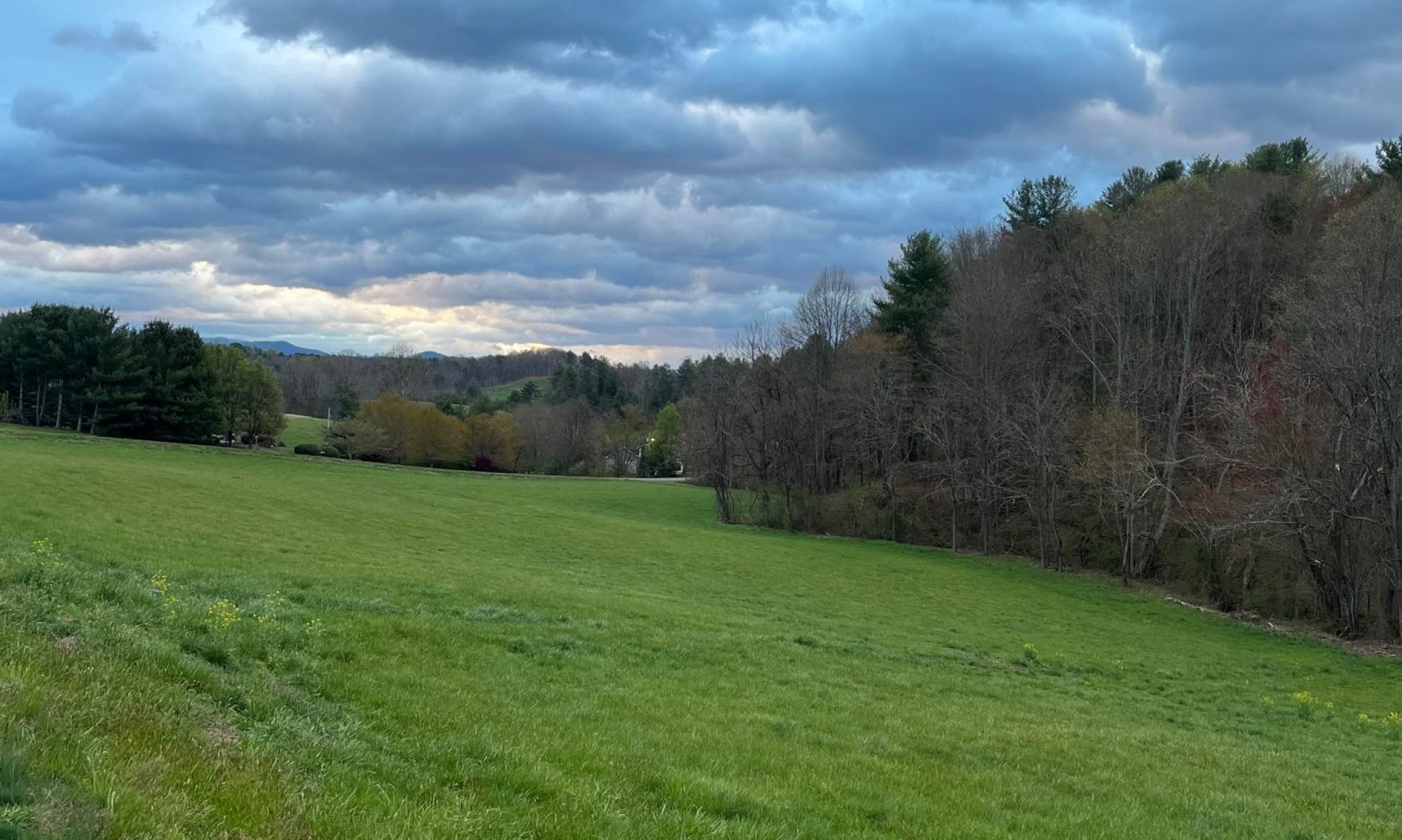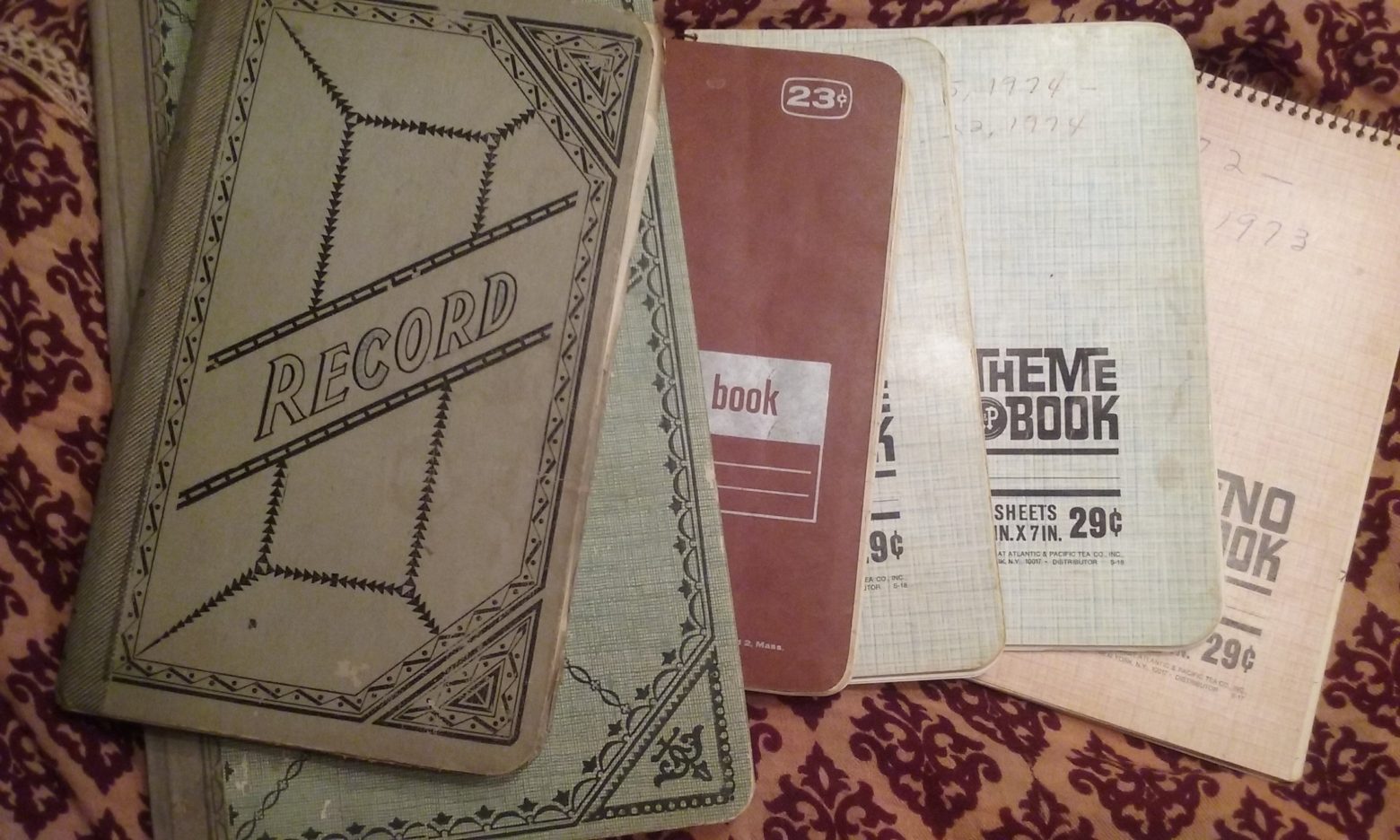Poet Richard Hugo once said that “a creative writing class may be one of the last places you can go where your life still matters.” The same could be said of the therapy room. No psychotherapeutic process is complete until you’ve told your life story in some form or fashion.
Most of us aren’t used to our lives really mattering. In new social situations, we typically exchange the same small-talk questions about work, school, and extra-curricular interests. On social media sites, we share pictures, opinions, and anecdotes that are relatively superficial and that, more often than not, will hopefully give others the impression that we are smart, happy, and successful. And we probably are those things. But we’re also so much more.
In many ways, we are the living, breathing sum of our past experiences. Therefore, when new clients aren’t sure how to begin their healing process in the context of our sessions together, I often start by gathering a life history. First memories can provide great insight into a person’s past and how it persists in the present, but sometimes these are nebulous, their ultimate meaning evasive and mysterious. Concrete facts, on the other hand — the who, what, when, where, and why of various phases in one’s development — can be invaluable when it comes to understanding someone in their unique context.
Six-word Memoirs
One especially fun and creative way to think about your life story is the six-word memoir. Larry Smith of SMITH Magazine came up with this approach to autobiography, but it originated with Ernest Hemingway. When challenged to write a piece of fiction only six words long, Hemingway’s beautiful mind conjured the following: “For sale: baby shoes, never worn.” In these eight syllables exists an entire tragic story that can take on a potentially endless number of lives, because the reader must fill in the gaps, and every reader will approach this task differently.
Can you encapsulate your life in just six words? Check out lots of great examples here, where you’ll find the following and much more:
“I kept loving. She stopped calling.”
“My responsibilities run faster than me.”
“Sixty-two and I still crave validation.”
“Offered myself too quickly, too thin.”
“Puppy’s needle teeth puncture my heart.”
As evidenced by these examples, the style and scope of six-word memoirs vary greatly from one person to the next. What you write — and the questions your therapist asks when attempting to fill in the gaps — could be just as unexpected.
Elaborating on the Life Story
A friend of mine recently came up with this micro-memoir for herself: “Listened a lot, talked a little.” If she were my client instead of my friend, these six words could guide the way for at least one hypothetical therapy session, as they inspire a lot of questions. For instance, why hasn’t she talked much? Also, where did she learn to listen like that? What were conversations like in her family of origin? Was there room enough for her to speak, and when she did speak, did people really hear her? Has she struggled with intense shyness all her life, or does she simply not have much to say? Can she imagine a scenario in which she would have a lot to say? If so, how does she feel about the version of herself in said scenario? Does she believe that what she says will matter to others?
As you can see, there are many rich directions to explore. And chances are that a client will only address a fraction of the above questions, as one answer could potentially uncover another, totally unexpected realm of discovery, leading to deeper questions and more provocative answers. That’s where therapy gets good: when you find yourself talking about something you never guessed would come up, but whose impact on your current life is suddenly undeniable.
Formative Experiences
The six-word memoir is ideal for people with a natural inclination to play with words and who might already have explored the main themes of their lives, either in previous therapy or on their own. When, however, this approach doesn’t interest a client, I will simply ask a few basic questions about their formative experiences and relationships.
What do you know about the conditions of your birth? What was happening in your family around that time? If you have siblings, where in the birth order are you? Can you recall the births of your younger siblings? Are your parents still married, or were they ever? Have any of your loved ones died? Did you move around as a kid, or did you grow up in the same house your whole life? Did you go to college? What kinds of jobs have you worked? What kinds of romantic partners have you had? Have you ever been hospitalized for any reason? Have you ever been arrested? What’s the farthest you’ve ever traveled?
At a glance, these questions are all very basic and not terribly probing. If clients are only comfortable with providing bare bones-type answers in the beginning, that’s fine; I’ll have a lot of valuable information to draw on in future sessions. However, as is the case with the memoir-inspired inquiries, a single response — its content, but also its delivery via tone of voice, body language, and facial expression — can often open doors that people never knew existed. It’s like they say in creative writing classes: “No surprise for the writer, no surprise for the reader.” In composing your own life story, be it in a therapeutic conversation or on the page, you might be stunned by how much it really does matter.
Resources
Michalko, M. (2014, April 10). Describe your life in six words. Creative Thinking.
Tartakovsky, M. (2011, January 6). The story of your life in six words. Psych Central, World of Psychology.
Shippey, G. (2011, November 28). A client’s history. Counselling Resource.


